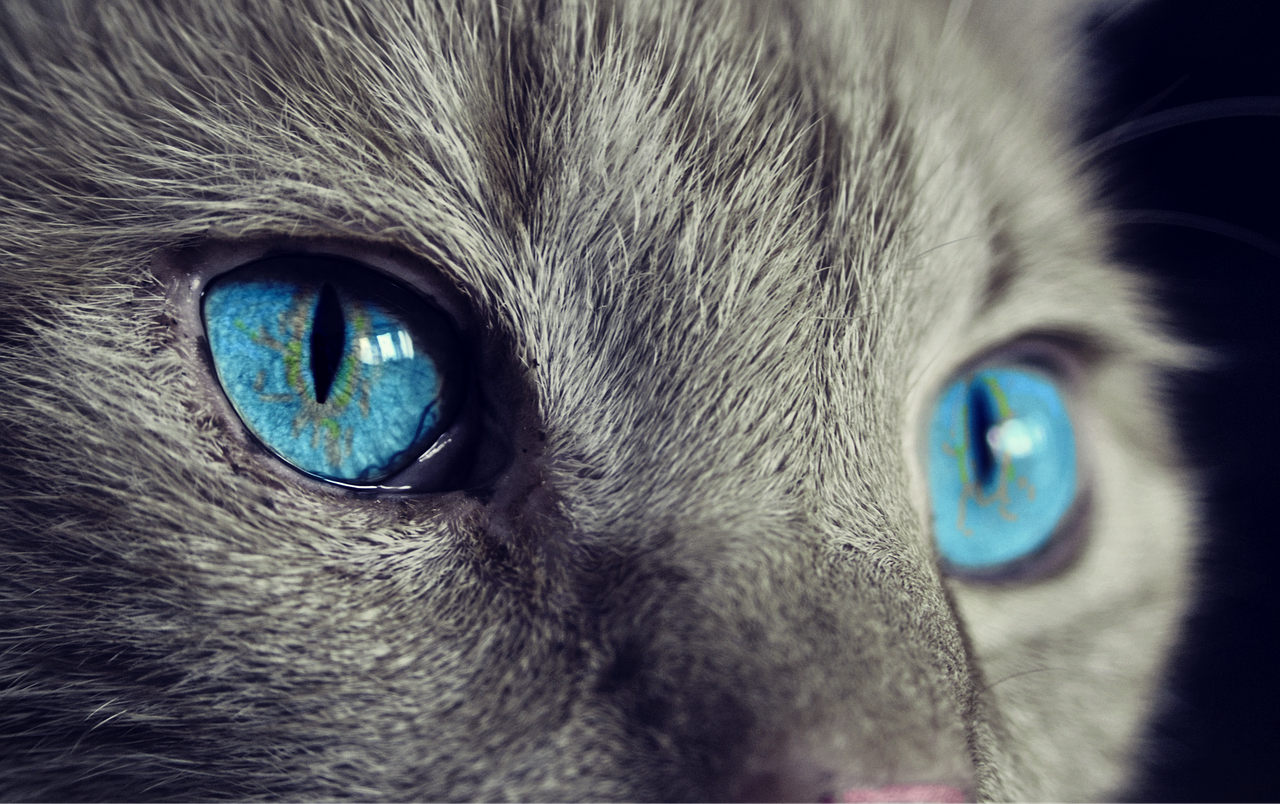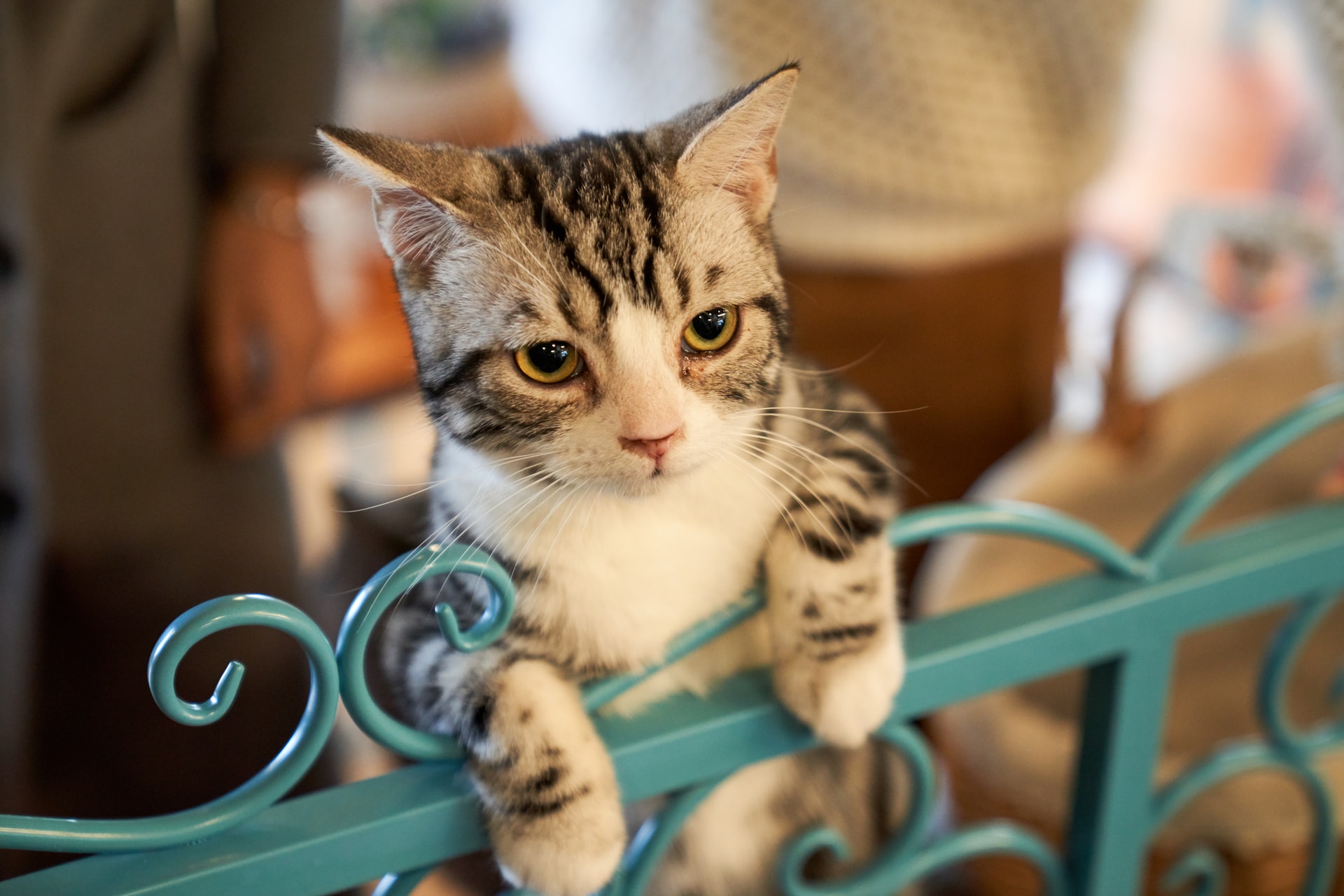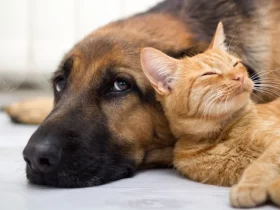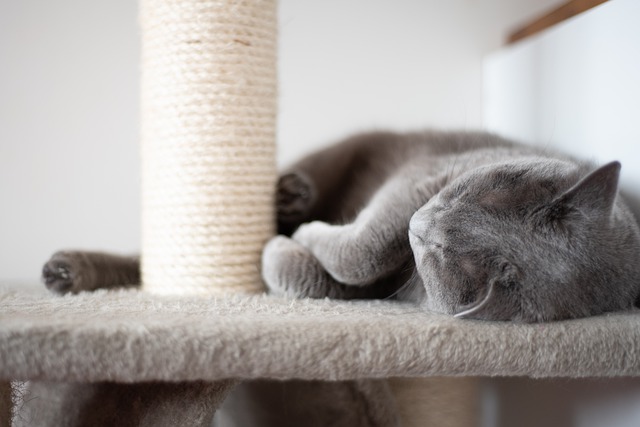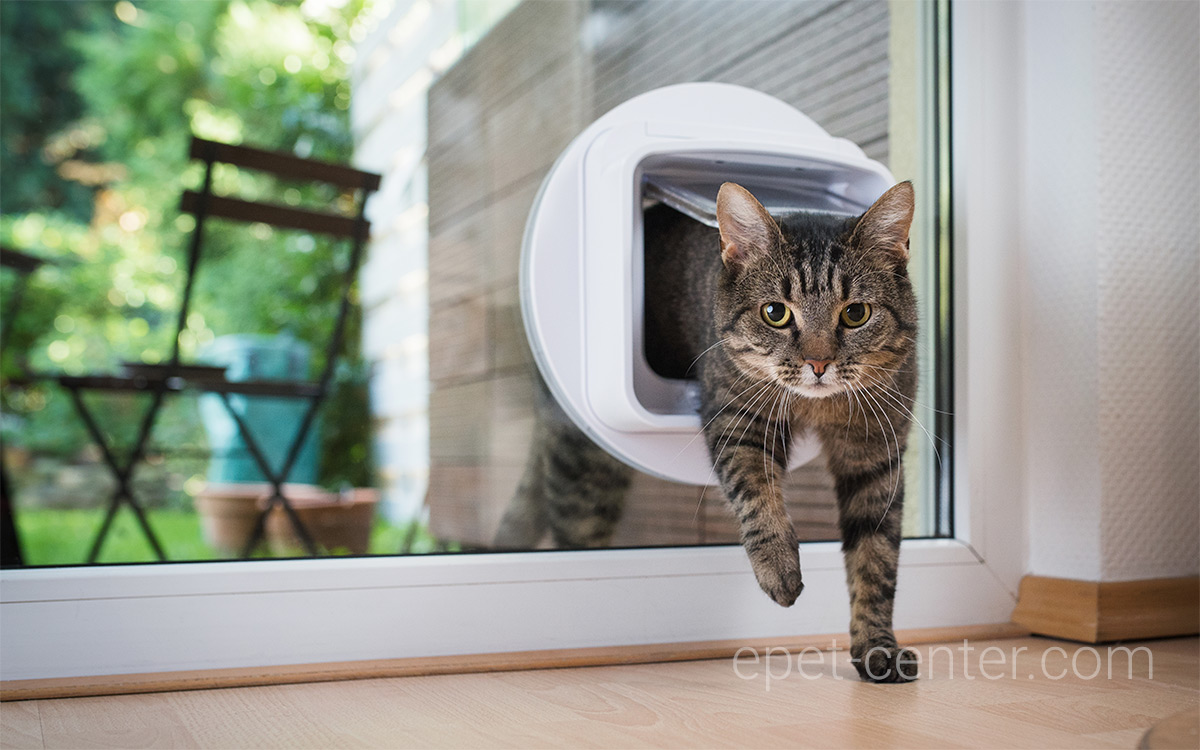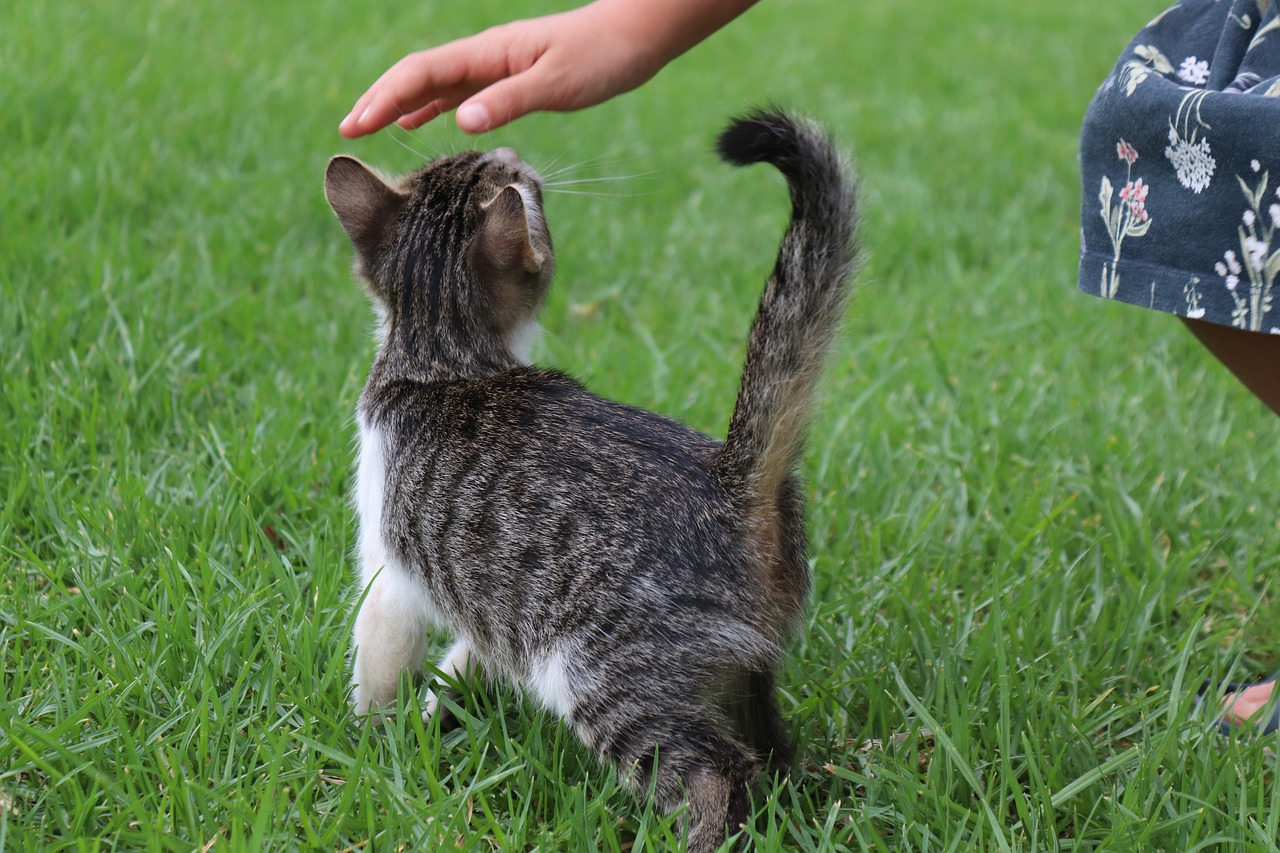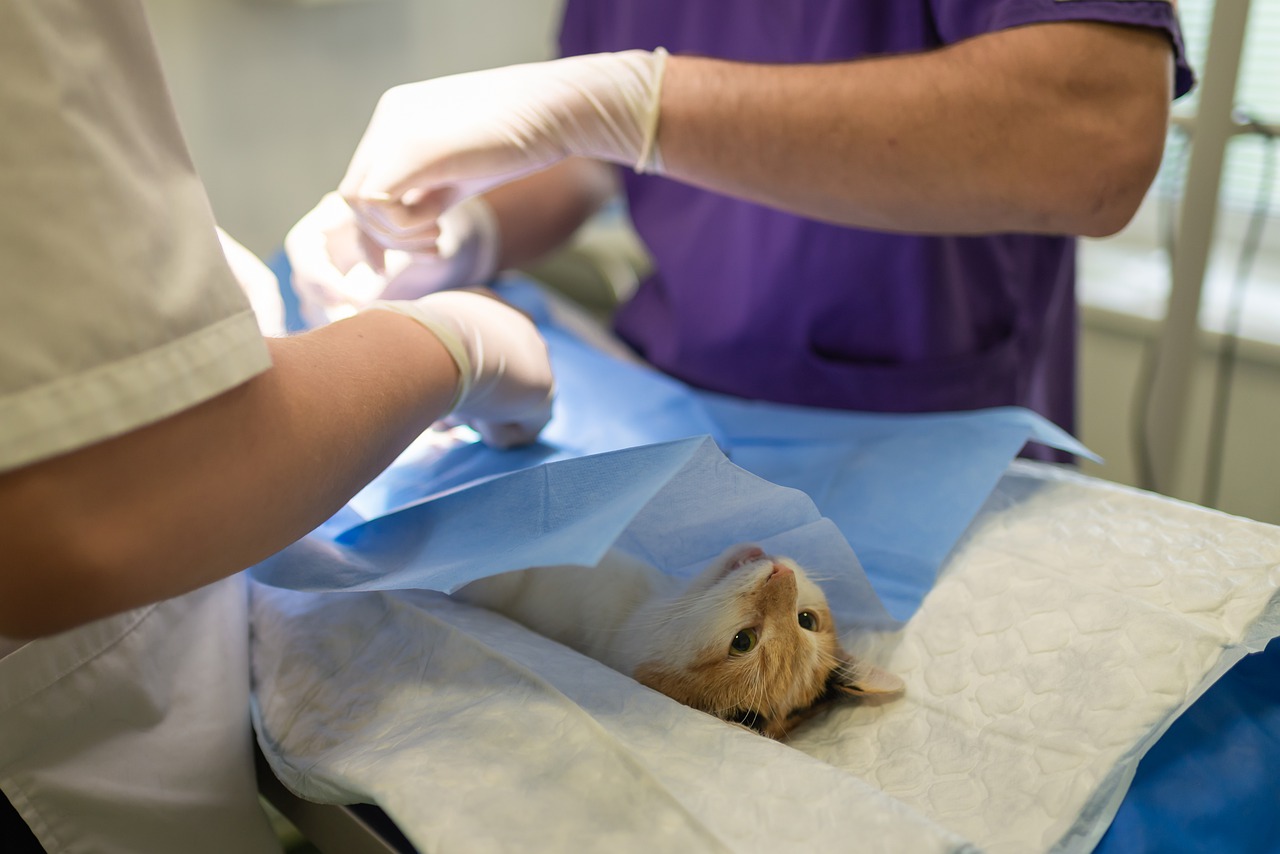Cats are quite healthy animals and provided with adequate food, water and shelter they will most likely live a long and healthy life. However, like any other living thing, cats can get sick. Sickness can range from minor ailments to serious disease.
As a pet owner, there are many things you can do to help keep your cat in the best of health. Feeding him premium cat food, spending time with him, making sure he has enough play and sleep time and watching him closely for signs of illness can help. Hopefully most ailments will be minor, but in some cases getting your cat expedient veterinary help can be the difference between life and death.
Some things that can signal illness in your cat include:
- Change in his coat – is it full and shiny or dull and patchy? Is he shedding abnormally? If so get your cat scheduled for a vet visit.
- Change in his behavior – is your cat acting sluggish and not eating? Any change in behavior warrants a trip to the vet as it is better to be safe then sorry!
- Diarrhea or vomiting – If your cat is doing either of these for more than a day, I would get him to the vet as soon as you can.
- Coughing – excessive coughing can be a sign of illness, have it checked by your vet.
- Swelling or lumps – when you pet your cat, take the time to feel around for any unusual lumps or swelling.
To help keep your cat disease free make sure he has all of his vaccinations as recommended by your veterinarian. One of the scariest, but easiest to prevent diseases is infectious enteritis, or feline distemper. Having your cat vaccinated against this virus when he is young will insure he does not fall victim to this deadly foe.
Feline Leukemia or FeLV is another deadly disease that can be prevented through early vaccinations. This disease can be spread to other cats (but not to humand). It can be deadly, but some cats can live a long life with Feline Leukemia although you would want to be very careful to keep them away from other cats so as not to spread the disease.
Cats, especially outdoor ones, can be prone to worms. If your cat has a dull coat and his appetite has changed (either he eats a lot or hardly at all), then your cat may have worms. There are many kinds of worms, and cats are susceptible to all of them. Cats can get worms from lice or fleas or in the organs of the rodents they eat. Feeding your cat a bit of garlic every once in a while can protect him against worms.
Keeping your cat happy and healthy is really a simple matter of caring for him properly and making sure he gets the appropriate veterinary care. Make sure your cat gets all the recommended vaccinations and you give him the proper treatments to repel fleas and other pesky pests. These simple steps will keep your cat happy and healthy for a lifetime!

